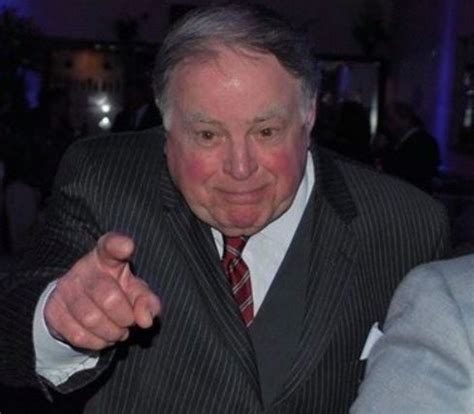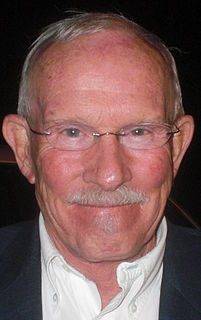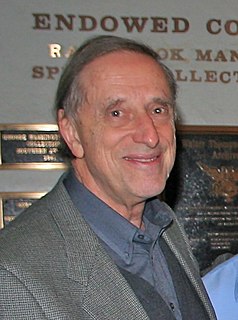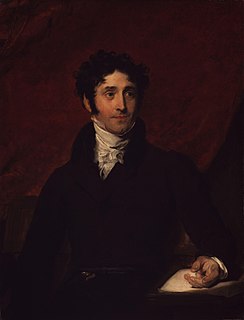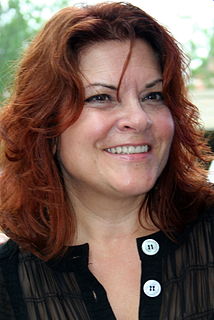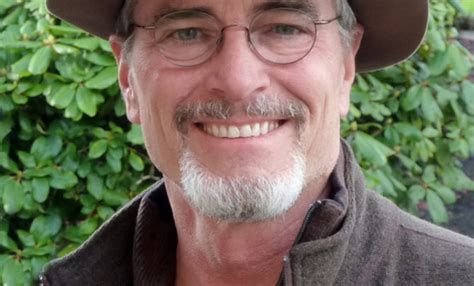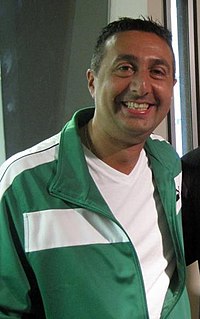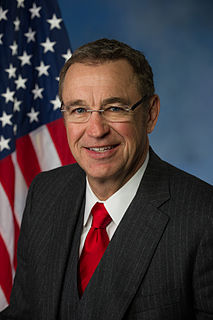Top 1200 Bad Language Quotes & Sayings - Page 19
Explore popular Bad Language quotes.
Last updated on April 19, 2025.
Freedom is the thing that has attracted me most to jazz. Within improvisation, you're really able to express something that maybe I'm not so adept at expressing via language. So I develop a language through the instrument to tell stories. So it's kind of this freedom of thought and freedom of expression that kind happens.
Originally when we talked about language disorder it was a catastrophic language disorder. It's substantial, and from a treatment standpoint it's okay to keep diluting that term, but from a research standpoint we need to be much more precise. I wish somebody would take up the mantle of just that particular task.
Pain and suffering are in themselves bad and should be prevented or minimized, irrespective of the race, sex, or species of the being that suffers. How bad a pain is depends on how intense it is and how long it lasts, but pain of the same intensity and duration are equally bad, whether felt by humans or animals.
The Victorian language of flowers began with the publication of 'Le Language des Fleurs,' written by Charlotte de Latour and printed in Paris in 1819. To create the book - which was a list of flowers and their meanings - de Latour gathered references to flower symbolism throughout poetry, ancient mythology, and even medicine.
After studying the Hungarian language for years, I can confidently conclude that had Hungarian been my mother tongue, it would have been more precious. Simply because through this extraordinary, ancient and powerful language it is possible to precisely describe the tiniest differences and the most secretive tremors of emotions.
It is much, much worse to receive bad news through the written word than by somebody simply telling you, and I’m sure you understand why. When somebody simply tells you bad news, you hear it once, and that’s the end of it. But when bad news is written down, whether in a letter or a newspaper or on your arm in felt tip pen, each time you read it, you feel as if you are receiving the bad news again and again.
Dr. Adler had instructed me to always say whatever I was thinking, but this was difficult for me, for the act of thinking and the act of articulating those thoughts were not synchronous to me, or even necessarily consecutive. I knew that I thought and spoke in the same language and that theoretically there should be no reason why I could not express my thoughts as they occurred or soon thereafter, but the language in which I thought and the language in which I spoke, though both English, often seemed divided by a gap that could not be simultaneously, or even retrospectively, bridged.
I tell ya, if I hadn't chosen the career of being a performer, I think linguistics would have been a natural area that I'd have loved - to teach it, probably, Language has always fascinated me. There's a genetic inheritance there a good language gene, which I inherited [from my mother and grandfather] and she fostered that in me as he fostered that in her.
Man feels the urge to run up against the limits of language. Think for example of the astonishment that anything at all exists. This astonishment cannot be expressed in the form of a question, and there is also no answer whatsoever. Anything we might say is a priori bound to be nonsense. Nevertheless we do run up against the limits of language. Kierkegaard too saw that there is this running up against something, and he referred to it in a fairly similar way (as running up against paradox). This running up against the limits of language is ethics.
The being level speaks the language of art, music, color shape and pattern directly -- a language that requires no words -- is not limited by words -- nor does it have the specificity of words and thus cannot be broken onto parts that can be manipulated or analyzed by the intellect. It must be swallowed, whole not parsed, sorted and justified.
People always ask me
"Son what does it take
To reach out and touch your dreams?"
To them I always say
Are you hungry?
Are you thirsty?
Is it a fire that burns you up inside?
How bad do you want it?
How bad do you need it?
Are you eating, sleeping, dreaming
With that one thing on your mind?
How bad do you want it?
How bad do you need it?
Cause if you want it all
You've got to lay it all out on the line.
It's always seemed to me that black people's grace has been with what they do with language. In Lorrain, Ohio, when I was a child, I went to school with and heard the stories of Mexicans, Italians, and Greeks, and I listened. I remember their language, and a lot of it is marvelous. But when I think of things my mother or father or aunts used to say, it seems the most absolutely striking thing in the world.
The full meaning of a language is never translatable into another. We may speak several languages but one of them always remains the one in which we live. In order completely to assimilate a language it would be necessary to make the world which it expresses one's own and one never does belong to two worlds at once.
An American customer can book in English all over the world, but also, somebody from Japan or China can book in their own language everywhere. We translate all of our content into these languages, and that's quite unique. We service our direct customers - the innkeepers - as well in their own language.
The idea of critical windows extends beyond just vision, of course: almost every system in the brain has a critical window when it needs to experience certain stimuli, or it won't get wired up properly. The most obvious example is language: if you don't learn a language early on, it's nigh impossible to become truly fluent.
It's up to the artist to use language that can be understood, not hide it in some private code. Most of these jokers don't even want to use language you and I know or can learn . . . they would rather sneer at us and be smug, because we 'fail' to see what they are driving at. If indeed they are driving at anything--obscurity is usually the refuge of incompetence.
If you track something like a political campaign and parcel out what's being communicated in a literal and narrative sense, and what's being communicated by means of emotional and symbolic language, you might find that it's the latter elements that absolutely dominate and move people. It makes me want to take that language and expose it.
I love the best of all the traditions. My discipline is the take-no-prisoners language of good poetry, but a language that actually frees us from prejudice, no matter what religion or political persuasion they are. I try to create a river-like discourse. The river is not political, it's not on your side or against you. It's an invitation into the onward flow.
The media is in the business of finding exceptions to everyday life. Bad things are still the exception. That's good, because once bad things stop being news, we really are in trouble. If people forget that bad is the exception, they think they live in a horrible world. There is so much that works and is right and friendly and warm. But we take that for granted.
When Nigeria actually gave me the call-up I thought 'oh, it's going to be a challenge, I don't go back there a lot, I don't really speak the language.' I wasn't speaking the language as fluently as I am now, so it was always going to be a challenge, but it was a challenge I decided to take and change nationalities.
I think that when you're writing plays, and I think it's also true with novels, it helps to have an ear for the music of language, for what we call poetry, for the sound effects and the way that the sound can produce sensual feeling at odds with or consonant with the content of the work. Your work is also gorgeous writing. It's very unfortunate when you open a novel that everybody's loving and it's just, you know, an excruciatingly bad sentence.
For me writing is an organic process that starts with engaging the language and then thinking about the structure of the novel as you move along. Especially in revision you start to notice correlations. Things come up, not self-consciously, because you're busy feeling your way through sentences and trying to push the language into new places.




